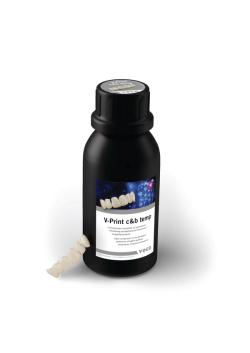- About Us
- Advertise
- Editorial
- Contact Us
- Terms and Conditions
- Privacy Policy
- Do Not Sell My Personal Information
© 2025 MJH Life Sciences™ and Dental Products Report. All rights reserved.
Study Evaluates Saliva’s Influence on CAD/CAM Composites in Restorations
This study evaluates and determines what effect saliva may have on various CAD/CAM materials in indirect restorations.
A study done by a group of researchers was recently published in the journal MDPI. This study focused on saliva’s influence on CAD/CAM composite materials in indirect restorations. Researched by Teresa Palacios, Sandra Tarancón, Christian Abad, and José Ygnacio Pastor, this study was done in response to the large variety of new restorative materials and the concern that certain materials may suffer long term damage from saliva.
The study is focused on resin-based composites, known for their ease-of-use in mechanizing and being less abrasive on dentition. LavaTM Ultimate Restorative (LU), Brilliant Crios (BC), and CerasmartTM (CS), were selected for this study. Flexural strength tests were performed on these materials in 2 different conditions: materials were analyzed by x-ray fluorescence and Field Emissions Scanning Electron Microscopy. Materials were looked at as provided directly by the manufacturer and after 30 days in saliva immersion.
A variety of tests were performed including a Vickers Test, Nanoindentation tests, and 3-point bending tests among others.
The study concluded that certain element concentrations in the materials slightly differed from the producer’s technical data supply as BC and CS achieved finder microstructure than LU. Under the saliva immersion, materials with finer microstructure such as BC and CS had lower degradation than in LU. BC had higher fracture toughness and was least affected by saliva ageing. With all of this being said, the study concluded that information provided by the manufacturer’s reports was inaccurate and poorly referenced, requiring further studies such as these to obtain a more complete analysis of these materials.
This study titled “Saliva Influence on the Mechanical Properties of Advanced CAD/CAM Composites for Indirect Dental Restorations” was published in March 2021, by MDPI. It is available online.



